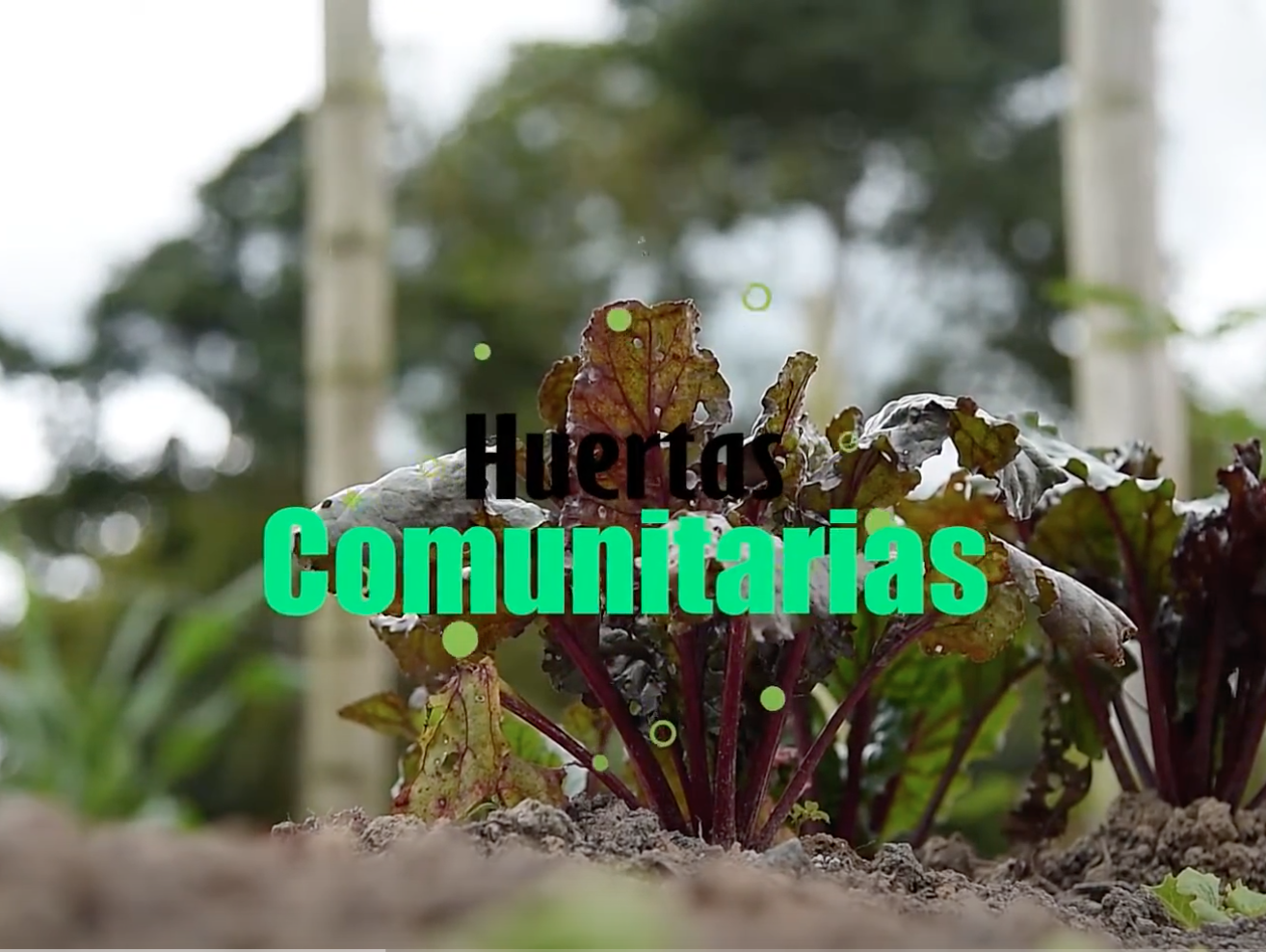Country/s where the good practice has been developed:
Colombia
Institution type:
School
Management sector of the school/s where the practice is implemented:
State
Practice Scope:
Rural
Educational levels of the school/s where the practice is implemented:
Middle school
Main topic addressed:
Learning enhancements
Summary of the practice:
As a result of the health crisis caused by Covid-19, a problem was detected: the effect on food security of the Educational Community. As a response to this problem, work from the school was articulated, with empirical knowledge from parents and students who want to understand their reality and help change it. The preceding is through the implementation of STEM community gardens. These Gardens aim to “contribute to the food security of the families of the Montessori Municipal Educational Institution based in San Francisco.”
The proposal was divided into three phases:
IMMERSION: where two activities are carried out, background reading and a field trip, to determine a real problem.
TRANSFER: the creation of community gardens, from the STEM challenges and through 4 steps:
a) Design, where the student and their parents plan the best planting strategy, type of vegetable, or plant to farm.
b) Prototype where the sowing takes place.
c) Test the plant species obtained, shared, and sold. To get relevant crop information, sensors such as relative humidity, temperature, air quality, water to be used, pH levels, and soil humidity; are programmed through Arduino and Micro: bit.
d) Evaluation, an analysis of what is achieved is made to restart the cycle.
COMMUNICATION: the development of oral and written communication skills.
Keywords:
STEM, 21st-century skills, Food safety, sensors, and Community gardens.
Video link:
Featured:
Yes

